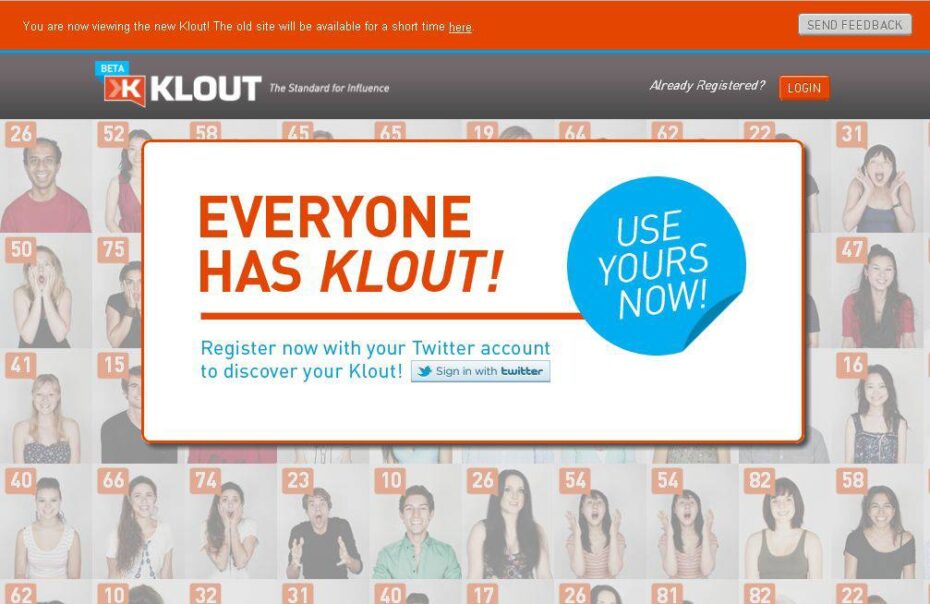IT’S 2011 and “social” is the buzz word.
You have social networks to connect with people, social buying for the best deals and social gaming to take your gaming experience to a whole new level.
It may be integrated into our lives, and we probably don’t think twice about how social we are anymore but it seems all our “social” activities are really interesting to businesses looking to sell their products.
Every click, upload and status update gets measured. There’s a whole industry working on this, and they are looking at you.
More than just “listening” to what consumers want, companies also often want to find out who’s the most influential people in cyberspace. In the past, it used to just be popular bloggers, and you’d measure them by how much traffic they get.
Of late, it is judged by a combination of influence, such as “Whose tweets results in the most deals sold” and “Whose pictures generates the most interest.”
The thing is, measuring isn’t new. Companies have been looking at all sorts of signals and behavioural patterns for years in their attempts to create relevant products.
But here’s where the change is starting to happen. Klout, a company that measures social media “influence” recently gave its website a makeover with the intention of making influence accessible to everyone.
The idea is that since everyone is now invariably tweeting or updating their statuses on Facebook, it would be useful for just about everyone to get a measure of just how influential they are.
Here’s how Klout works. First, you sign up for an account over at www.klout.com. Then you link it up with your Twitter and Facebook accounts so it can track your social interactions, run it through an algorithm and give you a score. The resulting Klout score is supposed to tell you how just how influential you are online.
There’s bound to be a bit of a vanity contest vibe that goes along with tools like this and you can easily try to up your Klout score by tweeting more often, following more people hoping that they would follow back, and seeding messages with outrageous sounding links to tempt people to click on them.
While it’s possible to gain a high score this way, you would probably end up losing out in real relationships and interactions.
Another spin on making the idea and numbers of personal influence mainstream comes from the folks at Empire Avenue (www.empireavenue.com).
Dubbed the “social media exchange”, the site encourages people who use social media to “game” on their influence through a stock market simulation.
Once you’ve created an account, you become a stock ticker (just like a company) and friends can choose to invest in you to buy or sell shares.
You need to link-up all your social media accounts to your Empire Avenue account when you first sign up. Once done, every time you do something on your connected social networks, you generate “revenue” for your friends who’ve invested in you and yourself.
The goal is to make your stock really attractive, have many people wanting to bid for your shares, and drive up the price of your stock.
There is no prize for winning, other than bragging rights.
It’s easy to bash influence measurement systems and services as one for the “douchebags.” I’ve done my fair share of that, but that’s not the point of this article. What I’m primarily interested in is the trend that seems to be taking something that’s really niche – influence measurement – and trying to make it mainstream.
Frankly, I don’t think we need it. It’s easy to get carried away with only wanting to tweet the popular folk and stay away from people who have lower Klout scores than us.
Heck, with the number of Twitter apps already incorporating Klout’s API, you can start seeing people’s scores appear next to their tweets. And retweet the choice few.
Klout is keen on encouraging this sudden self-awareness about one’s personal influence. Part of its makeover includes a new section called Perks, which are essential deals and discounts companies can partner Klout to offer to certain members who’ve reached a certain score.
Not available yet in Malaysia, there could just be a future where your little sister is busy trying to up her Klout score to 50 just so she can score that 50% off a new pair of jeans she’s been eyeing.
I’m wondering, if that happens, what happens to the kind of conversations we’ll see online? Will we read genuine thoughts, from genuine people, or just score-optimised blurbs of text? What I’m keen to find out is – how will companies make personal influence relevant to the mainstream user of social media, but still maintain the sanctity of the “organic” conversation? I guess we’ll have to wait, and see.
q David Lian has a Klout score of 57, in case you were wondering. Tweet him at http://twitter.com/davidlian or read his blog at http
://davidlian.com


Leave a reply